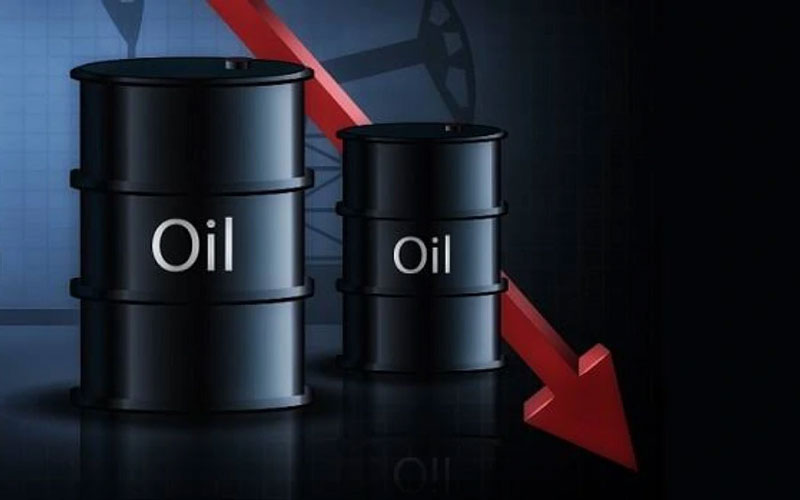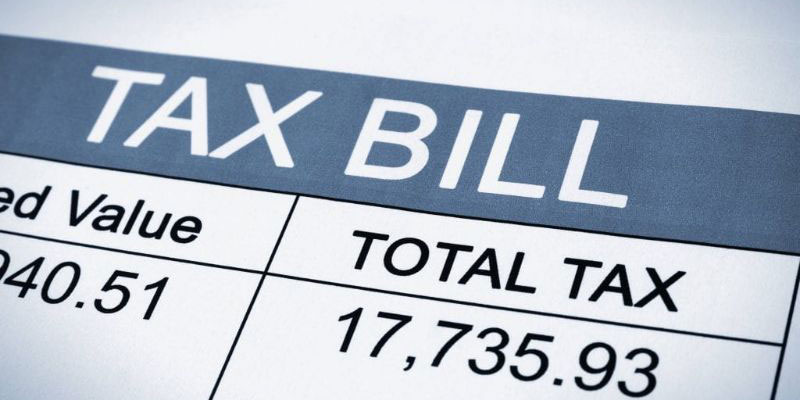It is not unheard of for giant U.S. firms to avoid paying any income taxes in the United States while having profits in the billions of dollars. In fact, according to a study of corporate investment filings, 55 of the biggest companies in the United States did not pay any income taxes in the year 2020, even though they generated substantial profits. Instead, they received a total of $3.5 billion in tax refunds. A little less than half of those businesses did not have to pay income taxes to the United States for three consecutive years.
How Oil Companies Pay Low Taxes?
The United States major Oil Companies taxes are lower than most other enterprises. The primary reason for this is that the Internal Revenue Code of the United States contains provisions that enable energy corporations to postpone or altogether avoid making payments toward their federal tax obligations.
Tax Deferrals for Big Oil

Low taxes for Oil companies can be delayed, and they frequently do so. Taxpayers for Good Judgment released a report in 2014 that disclosed that between 2009 and 2013, the top 20 oil producers were capable of deferring installments on approximately half of one‘s federal earnings taxes. This was made possible by multiple tax regulations in the taxation system that granted the Oil Companies taxes status. These businesses were obliged to pay just 11.7% of their income before taxes, which is 23.3 points lower than most other firms. The industrial and recreational sectors, including the petroleum sector, are subject to the same taxation regulations by unquestionable authorities, contrary to the claims of other specialists in the field.
It is believed that the group's income came from its four big corporations, contributing around 84% of the total. These enterprises were responsible for paying 85 percent of the firm's overall tax, while the small organizations received payment at a far lesser rate, only 3.7 percent of their total earnings.
A significant number of big oil corporations have decided to postpone paying their federal taxes in return for taking on debt in the shape of tax obligations owed to the government. From 2009 to 2013, the smaller corporations that made up the top 20 postponed over 87% of their total tax obligations. A considerable proportion of many businesses' equity is placed at risk in the form of tax debts from the United States government. Because of a tax mechanism such as the "depletion exemption," oil firms can significantly reduce the amount of revenue that is subject to taxation.
Stock Option Cost Sharing for Employees

The valuation of stock options issued to workers as stock-based remuneration is calculated by public businesses and subtracted from book revenue in the accounting results provided to investors and the public.
Subsequently, when filing their federal earnings tax returns in the United States, those same companies can exclude the higher expense of share options executed against their revenue because of the increment of the possibilities at that time.
A massive and rapidly grown book-tax difference remains between the net earnings big businesses report to shareholders and the tax payable on their findings to the IRS due to the discrepancy between the projected price of worker stock alternatives at the beginning of each term and their valuation for reimbursing objectives at resistance training.
Defenders of the existing system have pointed out that while companies can subtract the cost of stock issues from tax liability at a maximum speed of 21%, employees typically pay federal taxes on the worth of their company stock at the highest marginal applicable rate of 40.8%.
Incentives for Big Oil
Subsidies come for large oil corporations as tax incentives and concessions. This incentive, which was first implemented in 1916, is knowledge and the ability to deduct any costs that are not immediately associated with the completion of the operation of a petroleum well. Expenditures related to intangible mining may include expenses incurred for unsuccessful attempts to dig in new sites, in addition to costs linked with the purchase of brand-new tools or infrastructure for drilling. The total amount of taxes that must be paid can be reduced by eliminating all these charges.
Counter Argument or Side of the Issue

Even though oil firms enjoy a variety of tax breaks in the United States, the tax laws in other countries are not as accommodating. Because of this, a lot of oil corporations have to pay income tax to governments in other countries, and the earnings from income taxes that have been delayed in the United States are frequently used to compensate for taxes that are owed in other countries.
The tax breaks that oil firms' tax breaks might show that taxpayers in the United States are essentially financing a sector worth multiple billions of dollars but is dominated by a small number of influential organizations. It may imply a form of favoritism between powerful businesses and legislative bodies.
Others, on the other hand, contend that providing tax benefits to oil firms is appropriate because oil is an essential product that a sizeable portion of the American population uses. The cost of crude oil is a significant factor in the economy of the United States. Oil industry spokesman also say that the elimination of tax benefits and subsidies would reduce oil expenditures in the corporate companies and a loss of employment in the industry, which would be expensive.
Lastly, there is the viewpoint that the tax measures are not intended to help huge companies but rather the preponderance of local oil and gas enterprises to ensure their continued existence. It is analogous to the rules that the federal government has in place for farming subsidies. These measures enable specific commodities to be marketed at rates that are more accessible to consumers and are aimed to guarantee those producers are paid fairly.



